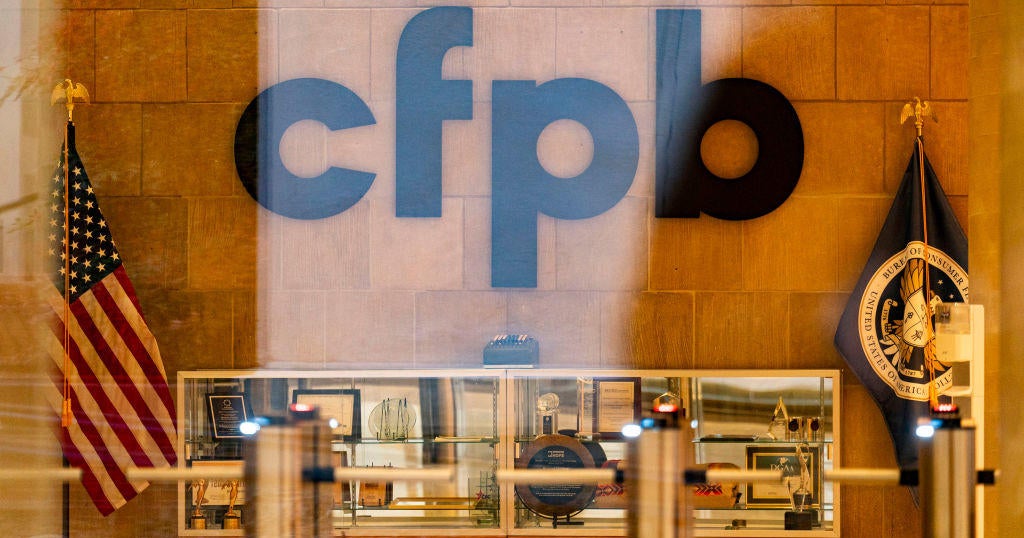Equifax CEO pushed out after data hack getting nearly $20 million in bonuses
- Equifax made headlines this week by agreeing to pay $700 million for claims tied to its consumer-data breach in 2017.
- Yet its former CEO is in line to receive nearly $20 million in stock bonuses since leaving the company following news that the personal data of nearly 150 million Americans was hacked.
- An internal company review appears to have cleared former CEO Richard Smith of wrongdoing, although regulators this week said Equifax failed to take basic steps to protect against a hack.
The disgraced former CEO of Equifax, which this week agreed to pay $700 million for claims tied to its massive data breach in 2017, is in line to receive as much as $19.6 million in stock bonuses since leaving the company following the disclosure of the consumer-data hack. That's roughly 1,000 times the $20,000 maximum payout that any financially damaged customer can collect from Equifax as part of the the largest cybersecurity settlement by U.S. regulators in history.
Former CEO Richard Smith's stock bonuses cover a period that includes the former executive's performance in 2017, the year in which Equifax botched a software patch that allowed hackers to enter its databases and obtain the personal financial information of nearly 150 million Americans. On top of the stock awards, Equifax has agreed to cover Smith's medical bills for life, a benefit the company estimates is worth another $103,500, according to a company filing. He also walked away with a $24 million pension, and $50,000 in tax and financial planning services.
What's more, none of Smith's pay is likely to be clawed back by the company, a growing but still rarely triggered compensation practice among large companies that is meant to hold top executives accountable if their actions later cause damage to their former employers. Equifax's clawback provision at the time, which the company called "rigorous," covered accounting fraud but not legal settlements like the $700 million deal announced this week. Equifax has since altered its executive clawback provisions to cover damages to the company's reputation as well.
Equifax did not reply to a request for comment for this story. Smith could not be reached for comment. None of the regulators' settlements with Equifax this week name Smith directly. But the Federal Trade Commission and Consumer Financial Protection Bureau have plenty to say about Equifax management's response to the data hack.
"Companies that profit from personal information have an extra responsibility to protect and secure that data," FTC Chairman Joe Simons said Monday on a statement. "Equifax failed to take basic steps that may have prevented the breach that affected approximately 147 million consumers."
Equifax management, the CFPB said, "engaged in acts and practices that caused additional harm or risk of harm to consumers" in response to the breach.
Smith left Equifax in late September 2017, about three weeks after the Atlanta-based company disclosed the hack, news that sparked public outrage and sent the stock tumbling by 35%. He was forced to repeatedly apologize in October 2017 during congressional hearings where he was the target of brutal criticism: "I don't think we can pass a law that fixes stupid," Rep. Greg Walden, a Republican from Oregon, told him. Democratic Massachusetts Sen. Elizabeth Warren said Smith should be "held personally responsible" for the hack. Once a prominent member of Atlanta's business community, Smith no longer sits on some of the local civic boards he served.
At the time of Smith's exit from Equifax, the company said his future stock bonuses were contingent on an internal review that would look into the breach and how the company dealt with it. The company also called Smith's departure a retirement, but said it reserved the right to later reclassify his exit as a firing for cause. If Smith's departure was deemed a termination, he would have lost his stock bonuses.
Last year, though, Equifax said in another filing it had completed its review, essentially clearing Smith of wrongdoing. The filing shows he received $13.3 million worth of bonus payments in stock in the third quarter, payouts due to him as part of a long-term compensation plan. Smith got another $4 million in February of this year. He is set to get another $2.2 million payout in February of next year, based on the company's current stock price.
The price of Equifax stock rose nearly $3 to around $140.50 a share on Tuesday on word of the $700 million settlement -- boosting the value of Smith's future payout by $50,000 in one day. If Equifax's stock price were to rise to $145 or more by the end of this year -- about the same price shares were trading at before the data hack was revealed -- Smith could be in line for millions more in bonus payments triggered by the higher stock price.



